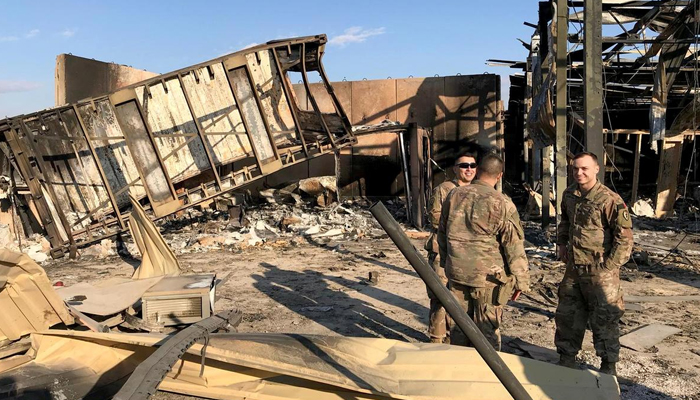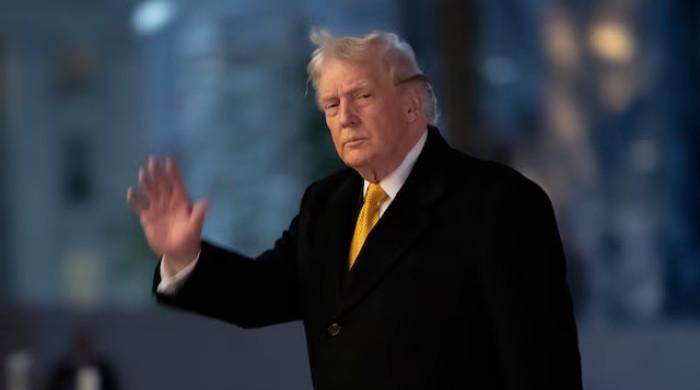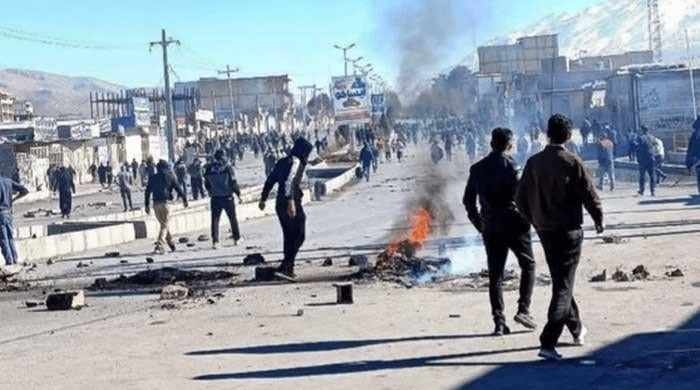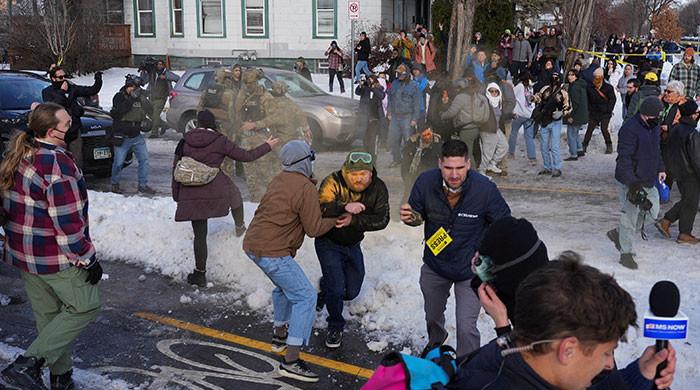Over 100 US troops diagnosed with traumatic brain injuries from Iran attack: officials
Pentagon declined to comment but has said in the past to expect an increase in numbers in the weeks after the attack
February 11, 2020

WASHINGTON: The US military is preparing to report a more than 50 percent jump in cases of traumatic brain injury stemming from Iran’s missile attack on a base in Iraq last month, officials told Reuters on Monday.
Speaking on condition of anonymity ahead of the announcement, the officials said there were over 100 cases of TBI, up from the 64 previously reported last month.
The Pentagon declined to comment but, in the past, had said to expect an increase in numbers in the weeks after the attack because symptoms can take time to manifest and troops can sometimes take longer to report them.
No US troops were killed or faced immediate bodily injury when Iran fired missiles at the Ain al-Asad base in Iraq in retaliation for the US killing of Revolutionary Guard General Qassem Soleimani in a drone strike at the Baghdad airport on January 3.
The missile attacks capped a spiral of violence that had started in late December. Both sides have refrained from further military escalation but the mounting number of US casualties could increase pressure on the Trump administration to respond, perhaps non-militarily.
Army General Mark Milley, the chairperson of the Joint Chiefs of Staff, said last month the service members suffering from traumatic brain injuries had been diagnosed with mild cases. The diagnosis could change as time went on, he had added.
Symptoms of concussive injuries include headaches, dizziness, sensitivity to light, and nausea.
Pentagon officials have repeatedly said there has been no effort to minimise or delay information on concussive injuries. But the disclosures following Tehran’s attack has renewed questions over the US military’s policy regarding how it internally reports suspected brain injuries and whether they are treated publicly with the same urgency as loss of limb or life.
US President Donald Trump appeared to play down the brain injuries last month, saying he "heard that they had headaches and a couple of other things" following the attack, prompting criticism from lawmakers and a US veterans group.
Various health and medical groups for years have been trying to raise awareness about the seriousness of brain injuries, including concussions.
Since 2000, about 408,000 service members have been diagnosed with traumatic brain injury, according to Pentagon data.









